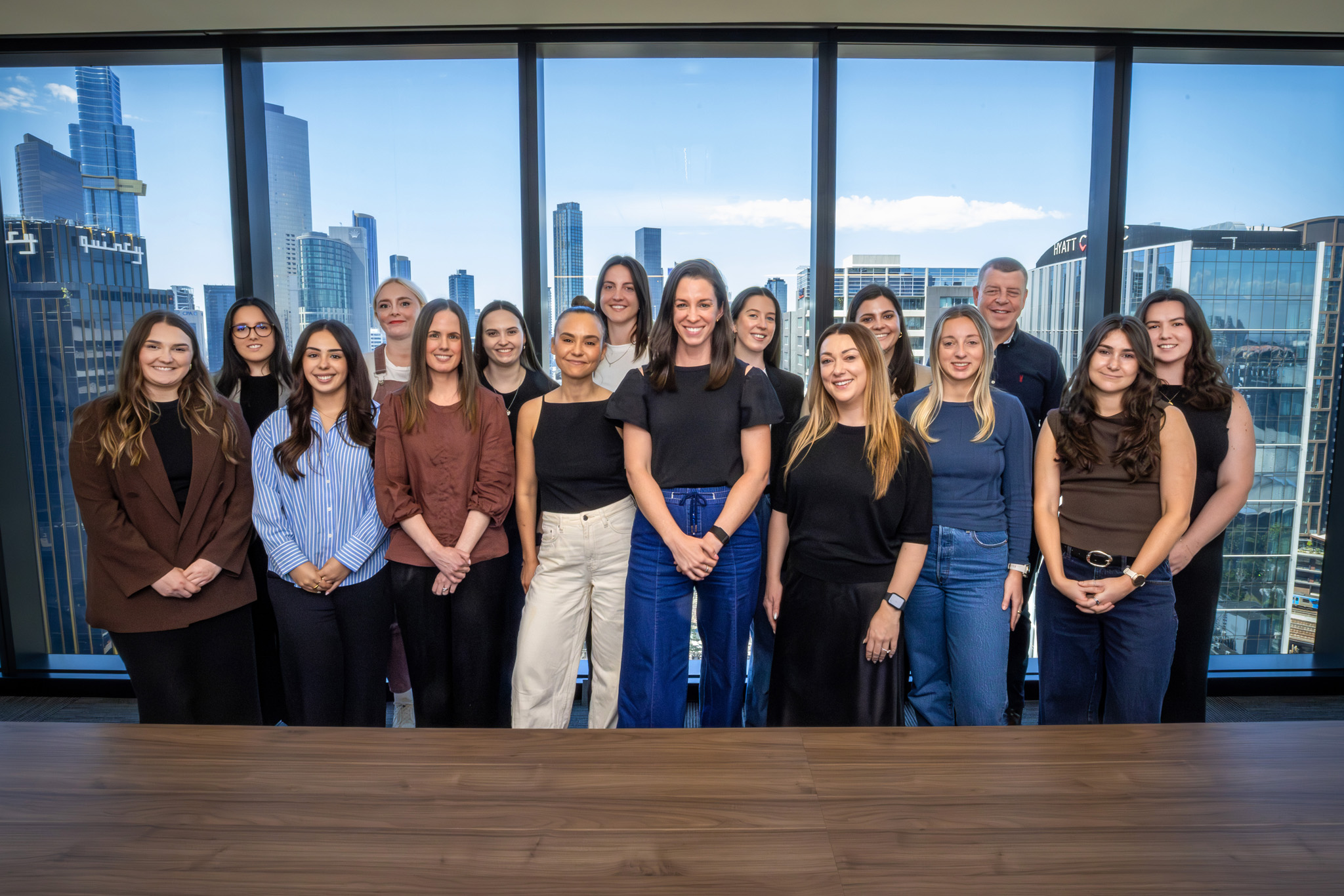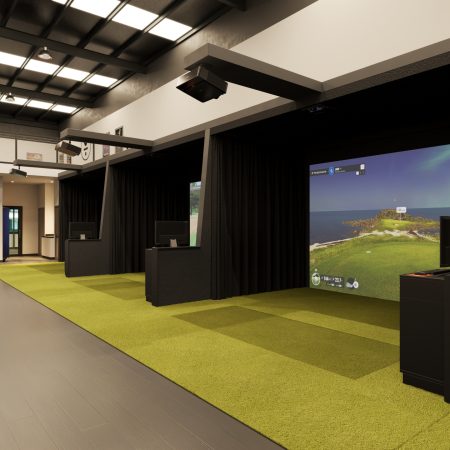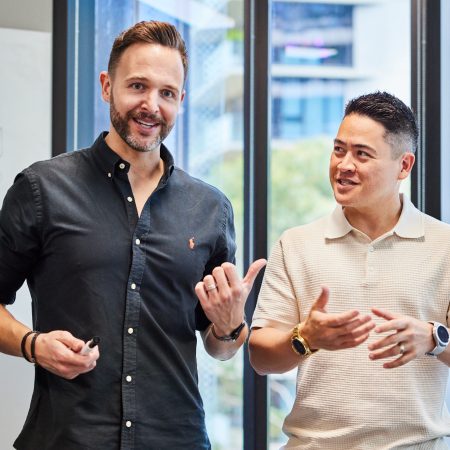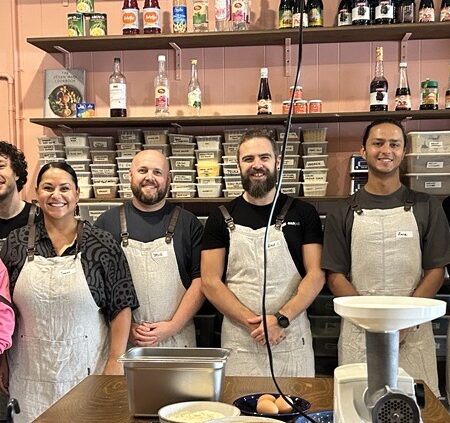Interview: Charlotte
As is always the case for our client interview pieces, this one is a cracker. Jessica Trumble, founder of Charlotte, serves some great pearls of wisdom for both burgeoning and established business owners. In our experience, it doesn’t matter whether you’re a start up or a medium sized business who’s been around for ten years; people and culture management are the biggest challenges that most business owners. Jess saw an opportunity to delve into this space as a founder when covid hit, and she hasn’t looked back.
How did Charlotte come to be? Why people and culture?
I had been in an HR Leadership role working across the APAC region and as I navigated my return to work after my second baby, I wanted to try something different. Initially I thought I’d be a freelance consultant who’d deliver coaching and learning programs, however the pandemic had other plans. It created an urgent need for supporting small businesses through how to navigate the complexity of people management at that time. I was in the right place, at the right time, and that’s how Charlotte was born.
What’s been the hardest thing about being in business so far? And the biggest lesson learnt?
It’s a marathon, not a sprint. Balancing energy, resilience, motivation and drive can be exhausting. I’m a sole Founder, so you feel like you carry all of it on your shoulders, all of the time. There’s no off switch, you never truly are offline. The biggest lesson I’ve learned is to put good practices in place early on in regards to financial management… you will have peaks and troughs in business, and it can catch you by surprise if you aren’t aware of what’s happening throughout the month. I’ve worked really hard to understand my numbers over the years. As the business gets bigger, the impact of the decisions you make are bigger.
If you could give one piece of advice to someone considering a foray into business, what would it be?
You need to be obsessed with the problem that you are trying to solve with the business you create. If you do it for money, or to work for yourself, or to get away from being an employee, I think it’s difficult to sustain your commitment and resolve when there are tougher moments. The highs and lows of owning a business are totally worth it, but you’ve got to be able to dig deep!
What has been key to Charlotte’s success so far?
The vast majority of our growth has come from referrals which speaks to the strength of our client relationships and quality of work. We are a service business, so we’ve always had our greatest growth and client satisfaction when we focus on doing good work and sticking to our ethos of being good people. It’s easy to set your sights on targets, or financial goals, but at the end of the day it’s how the people feel within your business, and working with your business that stays with you.
How has Future Advisory helped you along the way?
I made the choice to jump on board with Jase, Teva and the team pretty early on and it’s been a life saver. They push me when I need it, but also help me stay on top of my ambition so it doesn’t get out of control. The sophistication that they have brought to the business has really set us up well. I feel super confident that they’re across the essentials, so that I’m not getting bogged down in details that aren’t my domain of expertise.
What are some common mistakes you see other business owners make when it comes to people/culture/talent?
There’s two primary themes that are common mistakes we see: the first being that particularly in new businesses, or those that are growing fast, is that their people and culture strategy is an afterthought, allowing it to grow organically. For some this can work well but for most, it leads to misalignment of performance expectations, unfavourable behaviour and challenging dynamics between team members that the business owner then has to spend a whole lot of time unravelling. The second is that so many avoid the hard conversations, which just leads to so many internal challenges. The best business leaders are the ones that can acknowledge when things are no longer working, recognise when they got it wrong, and hold space to be firm but fair.
What’s your best advice for finding the right team members and then nurturing them in the longer term?
Define your culture, values and expectations of your team, and test for this during your interview process. This will always be the overarching key to success in small business, over technical capability. As you grow, think about each new hire and the dynamic they can add to your culture, but be intentional about it. One bad egg truly can ruin things! As a leader, make sure that you continue to engage them, recognise their efforts and remain transparent. In a start up or small business, people buy into the owner’s story/vision – so keeping them connected to it will ensure they remain engaged longer term.













